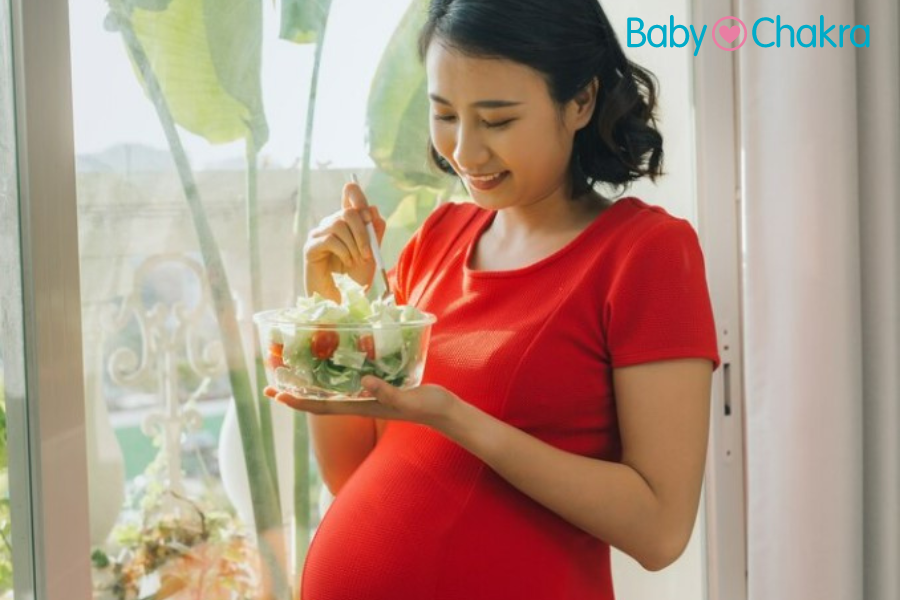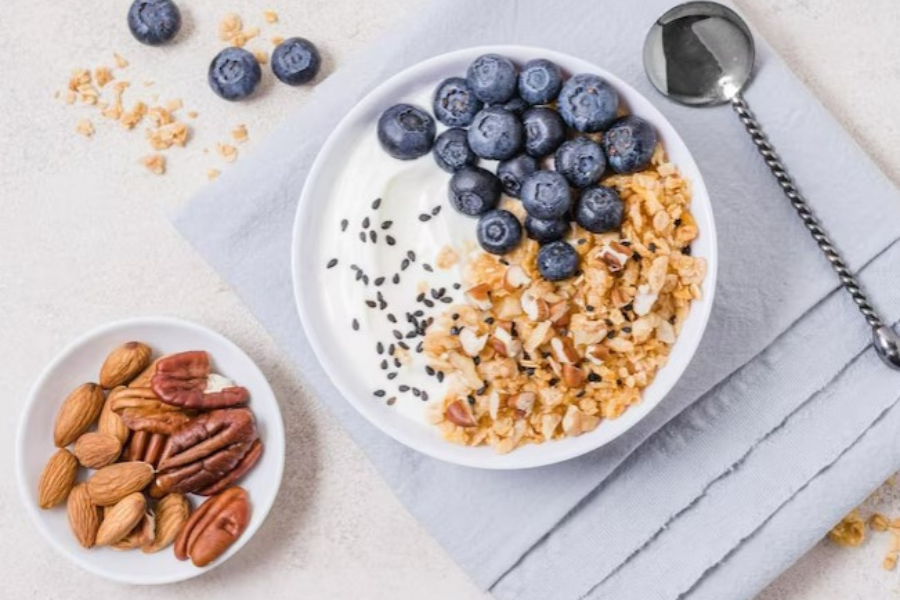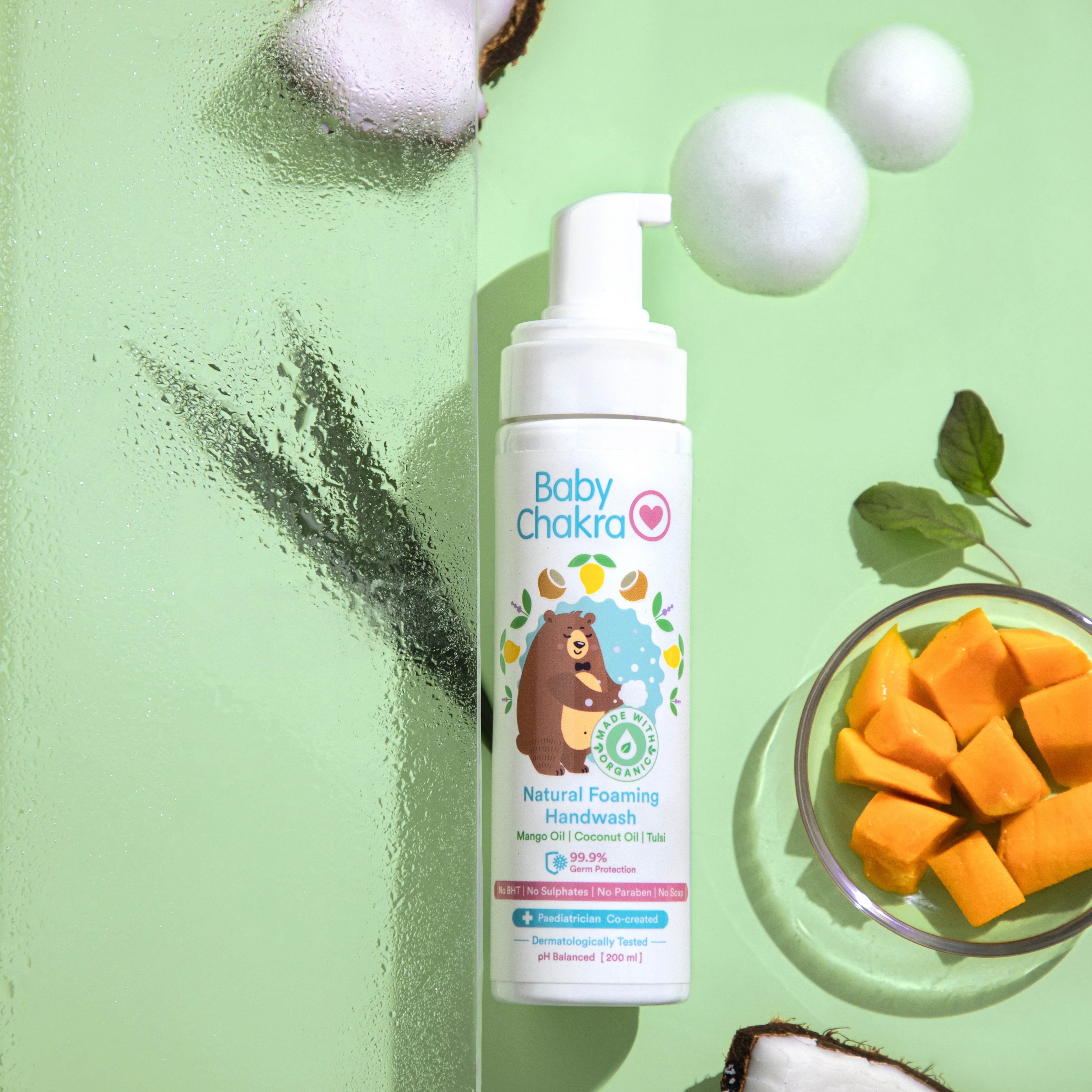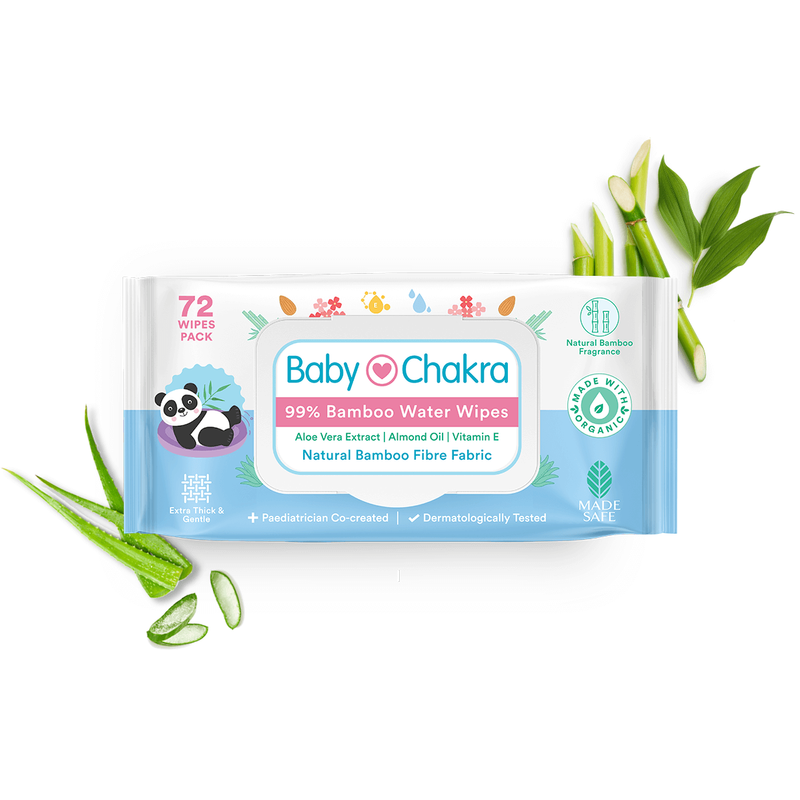
Iron During Pregnancy: How Much Do You Need?
12 May 2023 | 5 min Read
Sudeshna Chakravarti
Author | 799 Articles
During pregnancy, iron requirements in your body increase to boost your blood volume to support your baby’s growth and prepare for labour. Hence, adequate intake of iron during pregnancy is essential to ensure your baby’s healthy development and prevent the risk of complications.
In addition to is, iron is also required in your body for various functions, such as strengthening your immune system and haemoglobin formation. So how much iron do you need during pregnancy to maintain your overall health and well-being? Read on to find out.
Why Do You Need More Iron During Pregnancy?

Your body’s iron requirements during pregnancy increase to support your and your baby’s health / Image credit: Freepik
Your body generally requires iron for a range of different functions. However, the requirements for this nutrient increase during pregnancy due to the following reasons.
- To produce extra haemoglobin: When you are pregnant, your body produces almost 50% more blood than usual. This is why you need extra haemoglobin, and hence extra iron.
- To combat pre-existing iron deficiency: Many women suffer from iron deficiency even before their pregnancy. An insufficient amount of iron can make you feel fatigued and dizzy during pregnancy. Hence, you need extra iron to combat your pre-existing condition.
- To support your baby’s growth: As your baby grows, the requirement for iron increases to support their development, especially in the second and third trimesters.
- To fight pregnancy complications: Lack of iron during pregnancy is often associated with several complications, such as preterm labour and low birth weight.
How Much Iron Do You Need During Pregnancy?
You need a total of 0.8 mg of iron per day during pregnancy. However, keep in mind that this amount may increase during the second half of your pregnancy. According to the National Library of Medicine, you may require 2-4.8 mg of iron regularly during the second and third trimesters of your pregnancy.
This fulfillment can be done via your diet or by taking supplements, as per your doctor’s recommendation.
What Foods Are High In Iron?

Foods like oatmeal, cereals, and dried nuts are rich in iron / Image credit: Freepik
In addition to supplements, your healthcare provider may recommend iron-rich foods that you can incorporate into your pregnancy diet. There are two types of iron: heme and non-heme.
Heme iron is found in animal food sources, such as chicken, beef, red meat, turkey, and fish. This type of iron is better absorbed by your body than non-heme. Hence, you should try consuming more heme foods during pregnancy.
Heme Iron-Rich Foods
| Heme Iron-Rich Foods | Amount Of Iron Per Three Ounce Of Serving |
| Lean beef | 3 mg |
| Chicken breast | 1.1 mg |
| Turkey breast meat | 1.2 mg |
| Pork loin chop | 1.2 mg |
| Canned light tuna | 1.3 mg |
| Canned oysters | 5.7 mg |
Non-heme iron is found in plant sources, such as beans, spinach, tofu, dried fruits, and other iron-fortified foods.
Non-Heme Iron-Rich Foods
| Non-Heme Iron-Rich Foods | Amount Of Iron Per One Cup Of Serving |
| Oatmeal | 10 mg |
| Cooked lentils | 6.6 mg |
| Chickpeas | 4.8 mg |
| Soybeans | 8.8 mg |
| Kidney beans | 5.2 mg |
| Pumpkin seeds | 4.2 mg |
| Raw tofu | 3.4 mg |
| Spinach | 3.2 mg |
| Prune juice | 3 mg |
| Raisins | 1.1 mg |
| Whole wheat bread | 5.7 mg |
Additional Tips To Meet Iron Requirements During Pregnancy
We have discussed a few simple ways to help increase the absorption of iron in your body.
- Use a cast iron pan while cooking, as they absorb iron and help you get some amount through your meals.
- Avoid consuming caffeine as it contains phenols, a compound that interferes with iron retention.
- Consume foods rich in vitamin C, such as broccoli, oranges, and strawberries. Vitamin C is renowned for increasing iron retention by up to six times.
- Calcium tends to hinder iron absorption. So if you are taking calcium supplements, make sure you have enough space between your meals.
- Add meat or fish to your regular diet as these heme foods increase iron retention as compared to non-heme foods.
Should You Take An Iron Supplement During Pregnancy?

Your doctor may recommend iron supplements as a precautionary measure during the second half of your pregnancy / Image credit: Freepik
As your pregnancy progresses, your healthcare provider may recommend iron tablets depending on your condition. This is done as a precautionary measure to prevent anaemia during pregnancy or other health complications.
During your monthly prenatal check-up, your doctor will test your iron levels and suggest medicines depending on the results. However, do not take any kind of iron supplement unless your doctor prescribes them.
What Are The Effects Of Taking Too Much Iron During Pregnancy?
You can have the recommended amount of iron as discussed above. However, if you have more than this amount, it can lead to an increase in iron in your blood, making it risky both for you and your baby.
Excess iron consumption can result in:
- Gestational diabetes or oxidative stress
- Gastrointestinal issues like constipation or nausea
- Hormonal imbalance in your body
- Symptoms associated with preeclampsia
Conclusion
Getting adequate amounts of iron during pregnancy is essential. It helps in the healthy development of your baby and also prevents pregnancy-related complications, such as anaemia. Depending on your health, your doctor may recommend iron supplements or you can increase the intake of this nutrient by incorporating iron-rich foods into your diet.
However, ensure you do not consume more than the recommended amount of iron, as that can further lead to gastrointestinal problems or gestational diabetes.
Recommended Baby Care Products:
Natural Mosquito Repellent Body Spray
Also Read:
Probiotics during pregnancy: What are the benefits of taking probiotics during pregnancy? Tap this post to know.
High fibre foods during pregnancy: Add these high-fibre foods to your pregnancy diet to promote better metabolism and digestion.
Calcium rich foods during pregnancy: Why is calcium important during pregnancy? Tap this post to know.
Cover Image Credit: Freepik.com
A


Related Topics for you
Suggestions offered by doctors on BabyChakra are of advisory nature i.e., for educational and informational purposes only. Content posted on, created for, or compiled by BabyChakra is not intended or designed to replace your doctor's independent judgment about any symptom, condition, or the appropriateness or risks of a procedure or treatment for a given person.



